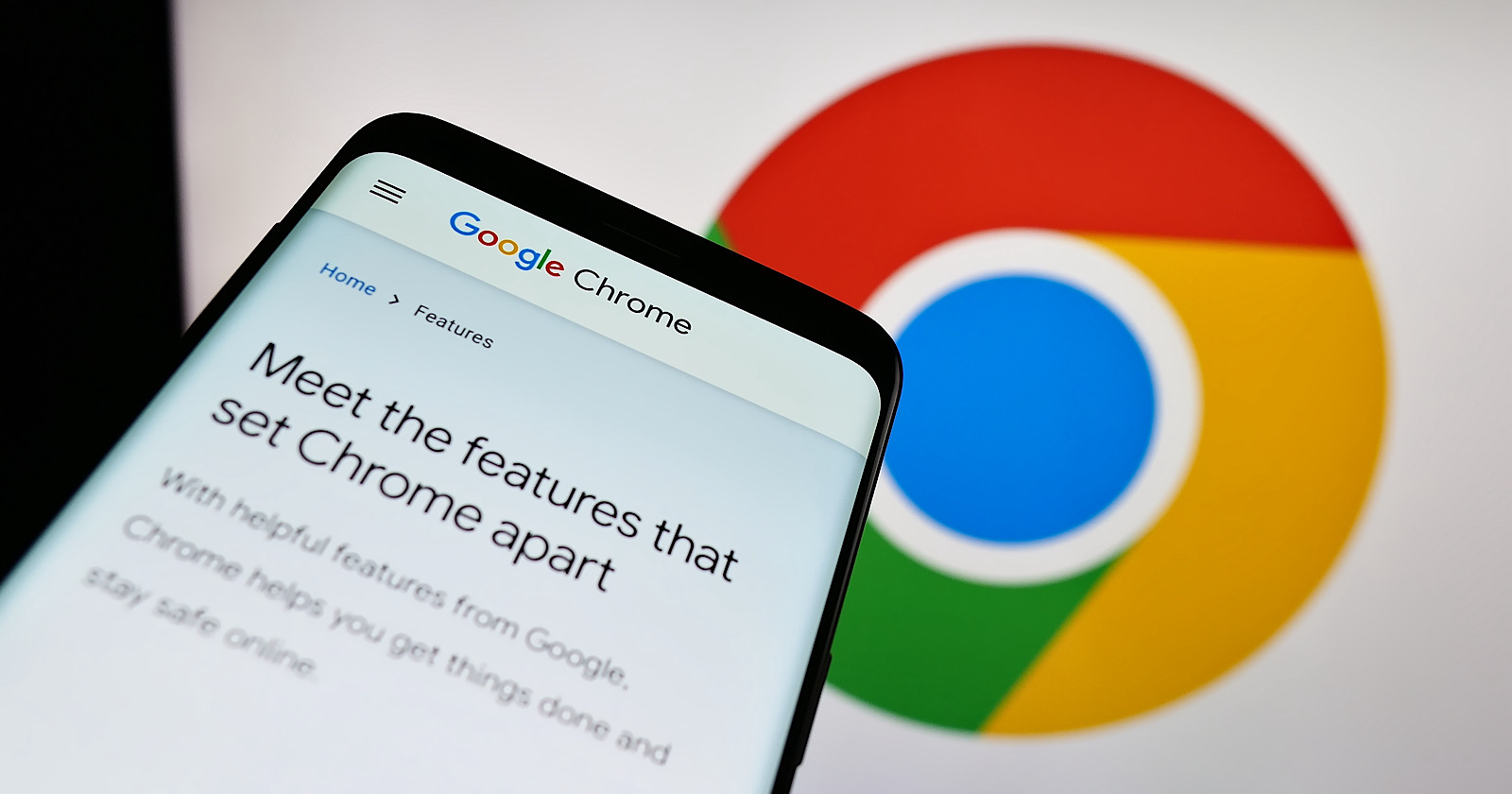Google has announced it will begin phasing out support for third-party cookies in Chrome by disabling them for 1% of users starting in Q1 2024.
This initial deprecation comes ahead of a broader phase-out for all Chrome users by Q3 2024.
Third-Party Cookies Blocked For 1% Of Chrome Users Next Year
Beginning in early 2024, Google will turn off third-party cookie support in Chrome for 1% of users worldwide.
This is the first part of a gradual process to remove third-party cookies entirely.
The extended phase-out aims to allow initial small-scale testing before the impact is felt by all Chrome users later in 2024.
Websites can use this early stage to assess how their services handle the loss of third-party cookies.
Why Google Is Phasing Out Third-Party Cookies
Third-party cookies have enabled convenient cross-site tracking of users as they browse the web.
Google wants to eliminate this tracking capability while introducing new standards that support key needs like fraud prevention and delivering relevant ads.
Google says this change will improve user privacy and security while providing website owners tools to sustain their businesses without third-party cookies.
What Happens When Third-party Cookies Are Fully Blocked?
Starting in Q3 2024, Google plans to expand the third-party cookie removal to 100% of Chrome users, pending regulatory approval.
This will force major changes in how digital advertising operates. Some fear it may push sites toward more opaque tracking methods.
To ease the transition, Google is releasing new Privacy Sandbox APIs for use cases, including identity, advertising, and fraud detection. However, uncertainty remains around how the ad ecosystem will adapt.
The initial 1% deprecation next year provides a critical period for websites, advertisers, and other industry players to assess compatibility and prepare for the broader rollout. Scrutiny will be high, given Google’s dominance in web browsing.
What Does This Mean For Advertisers?
The news will likely be controversial for the digital ad industry, which relies on third-party cookie tracking. Some ad tech firms stand to lose their current data collection abilities.
Advertisers and publishers must adopt new methods for serving relevant ads to users. This shift could benefit walled gardens like Google, Facebook, and Amazon with logged-in user data troves.
Privacy advocacy groups have welcomed the move, though some caution Google’s Privacy Sandbox doesn’t go far enough to restrict covert tracking.
How Does This Impact Publishers?
The effects remain to be seen, but the third-party cookie’s demise will markedly alter the landscape of privacy and advertising on the web.
Publishers may see decreased revenue from programmatic website advertising by removing third-party cookies. Still, they can look to implement user ID solutions like ID5 or Audigent’s Hadron ID as privacy-focused replacements.
What Happens Next?
Google aims to have its new Privacy Sandbox APIs tested before the broader phase-out.
Uncertainty remains about how digital advertising will function without third-party cookies.
Industry groups are working to develop new standards for targeted ads protecting anonymity. Chrome’s large market share means sites must adjust.
In Summary
Google’s plan to phase out third-party cookies marks a major shift in digital advertising and website tracking.
While aimed at improving user privacy, the change brings uncertainty around how the ad ecosystem will adapt.
Website owners should audit their cookie usage now and begin preparations to ensure their services function smoothly when third-party cookie support starts being removed in 2024.
Featured Image: T. Schneider/Shutterstock

